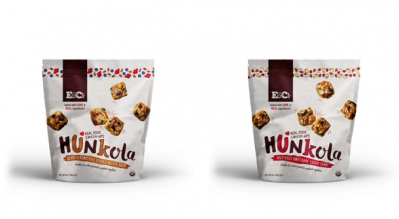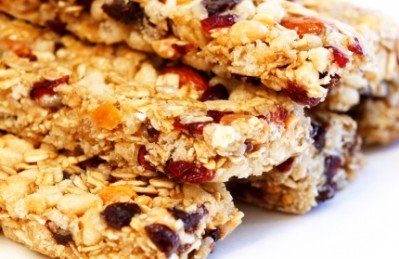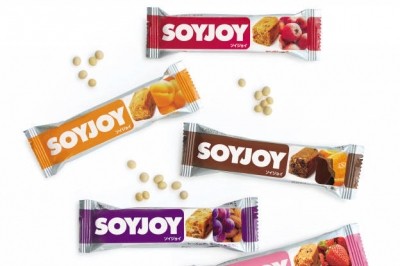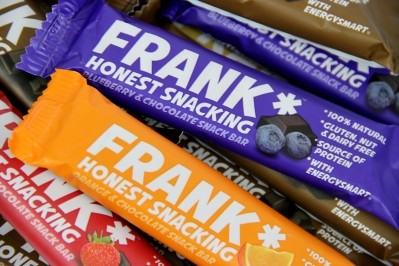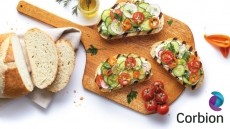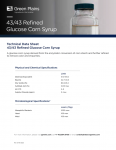Line between cereal bars and energy/nutrition bars is blurring, says report

Cereal bar manufacturers are now targeting consumers that want to move away from treats and get a workout energy boost, a nutritious snack or even a meal replacement, says Packaged Facts.
Meanwhile, energy/nutrition bar makers are “incorporating ever more creative and decadent formulations” to make their bars more appealing to a mainstream audience, according to its new report, ‘Food Bars in the US’.
Cereal bars: Shift from low fat, sugar, calories towards high protein, high fiber
Although the cereal bar segment has seen little growth beyond that achieved through price increases, the focus has shifted from a food-minus approach to a food-plus approach, notes the market researcher.
“Over the past few years, cereal bars with reduced calories, fat or sugar have performed quite well, although the number of product introductions with these claims has fallen sharply in the last five years.
“Manufacturers are [now] addressing more sophisticated concerns, such as creating products to supplement perceived nutritional deficits that might be incurred in a weight-loss program.
“High-protein, low-carbohydrate or balanced-gastrointestinal formulations have seen good growth.”
Energy bars: CoQ10, L-carnitine, omega-3, resveratrol, and vitamin K2
In the energy/nutrition bar category, meanwhile, “new flavor and ingredient introductions along with improvements in taste and mouth feel have made the future of these products look very bright”, it adds.
And the functional ingredients to watch? “CoQ10, L-carnitine, omega-3, resveratrol, and vitamin K2.”
Lifestyle trends bode well for food bar category
While the market is becoming more crowded, successful players in this space are still posting double-digit growth in the mass market and the natural products channel, says Packaged Facts publisher David Sprinkle.
“Food trends such as the blurring of meals and snacks, an emphasis on portion control, and increasingly informal, spur-of-the-moment, and customized eating all favor the food bar market.”
US retail sales of cereal/granola bars and energy/nutrition bars were worth $5.7bn in 2011, says the report.
